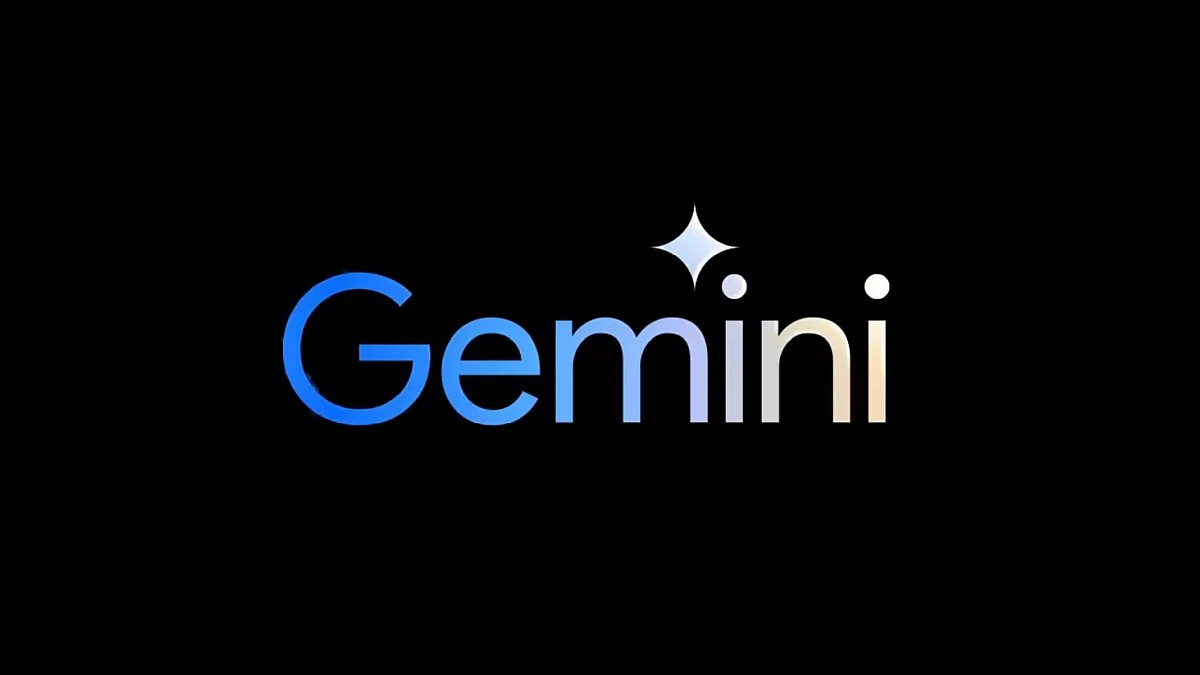On February 22, 2024, Google made the decision to temporarily suspend the people image generation feature on its Gemini AI chatbot. The decision came after criticism of “inaccuracies” in the historical depictions generated by the chatbot.
Gemini users took to social media, posting screenshots of images generated by Gemini. These images featured black characters in scenes historically dominated by white people. This sparked concerns about potential racial bias within Google’s AI models.
Google had previously received praise for its efforts to increase diversity in their AI models. However, this incident highlights the ongoing challenge of addressing bias in AI.
The Potential for Bias and Stereotypes in AI
The Gemini AI case is not the first time that AI has shown the potential for bias and stereotypes. Previous research has shown that AI models can reinforce racial and gender stereotypes that exist in their training data. This can lead to a variety of negative consequences, such as discrimination and marginalization of minority groups.
One example is a study conducted by Timnit Gebru and colleagues at Google AI. They found that an AI model trained on a dataset of human facial images was more likely to generate images of white men than black women. This suggests that AI models can reflect and amplify the biases that exist in society.
The Challenges of Achieving Fair Representation in AI
Creating fair and representative AI is a major challenge. One of the main factors contributing to bias in AI is the lack of diversity in training datasets. These datasets often do not reflect the diversity of the human population, so AI models trained on them can produce biased and inaccurate images.
Another factor to consider is the algorithms used in AI models. These algorithms can contain unconscious biases, which can lead to unfair results.
Google’s Efforts to Address Bias in AI
Google is actively working to address bias in AI by developing more diverse and inclusive datasets. They also launched a “Responsible AI” program to ensure responsible development and use of AI.
However, the fight against bias in AI isn’t over. More research is needed to create fair and representative AI models. Additionally, collaboration between academia, industry, and government is crucial to building a more just and inclusive AI ecosystem.
Recent Developments in Google AI’s Image Generation
Despite the Gemini incident, Google continues to develop AI image generation technology. In May 2024, Google launched Imagen, a new AI model that can generate more realistic and detailed images than previous models. Imagen is trained on a massive dataset of images and text, and can generate images based on a variety of prompts.
However, Imagen is still in the early stages of development, and it is not yet clear how this model will address data bias. Google will need to be careful in developing Imagen and ensure that this model is not used to spread bias and discrimination.
The Gemini AI case is a reminder of the potential dangers of bias in AI. It is important for us to continue to learn and understand how AI can generate biased and inaccurate images. We must also continue to work to develop fair and representative AI, so that AI can benefit everyone.





